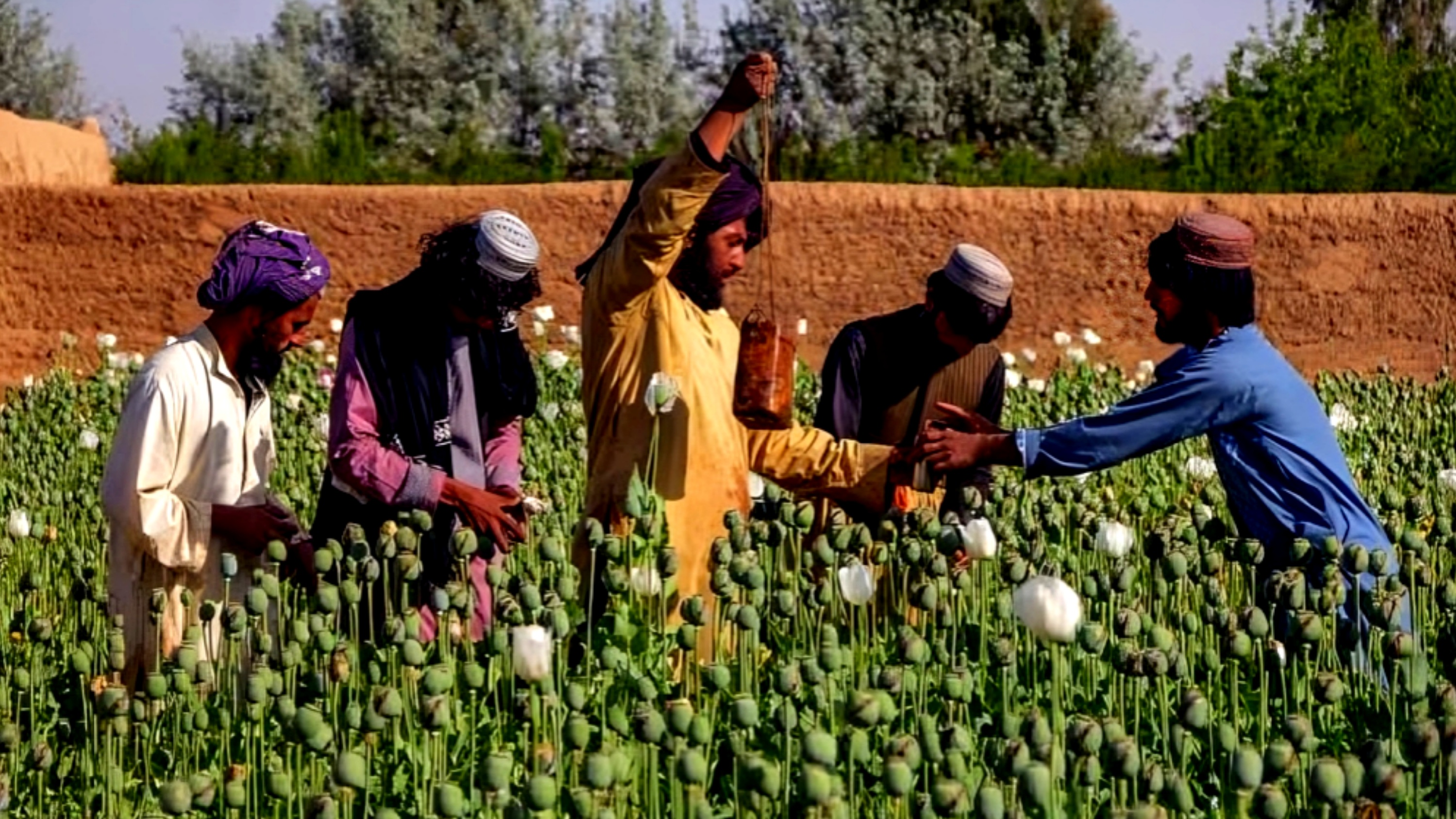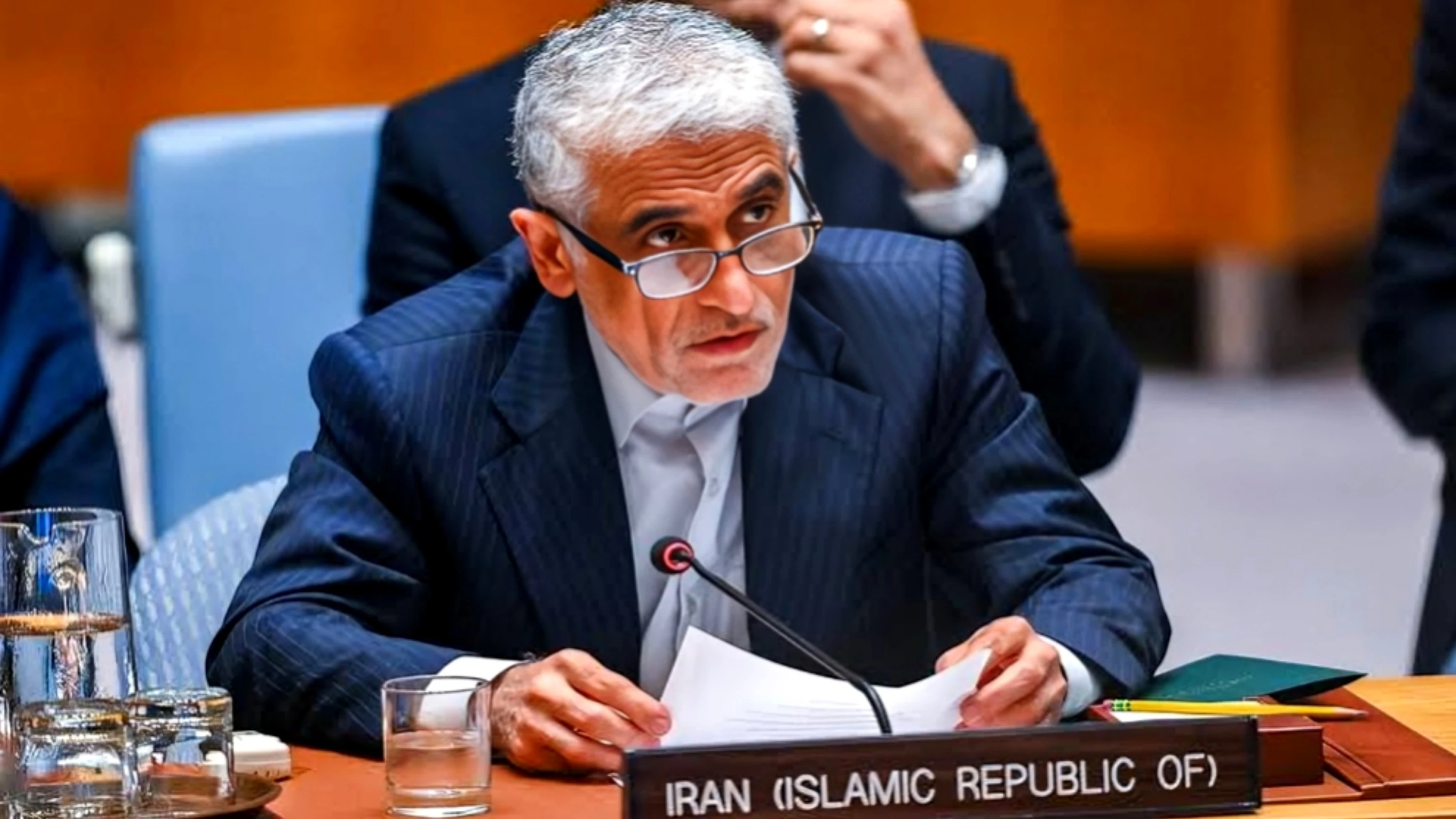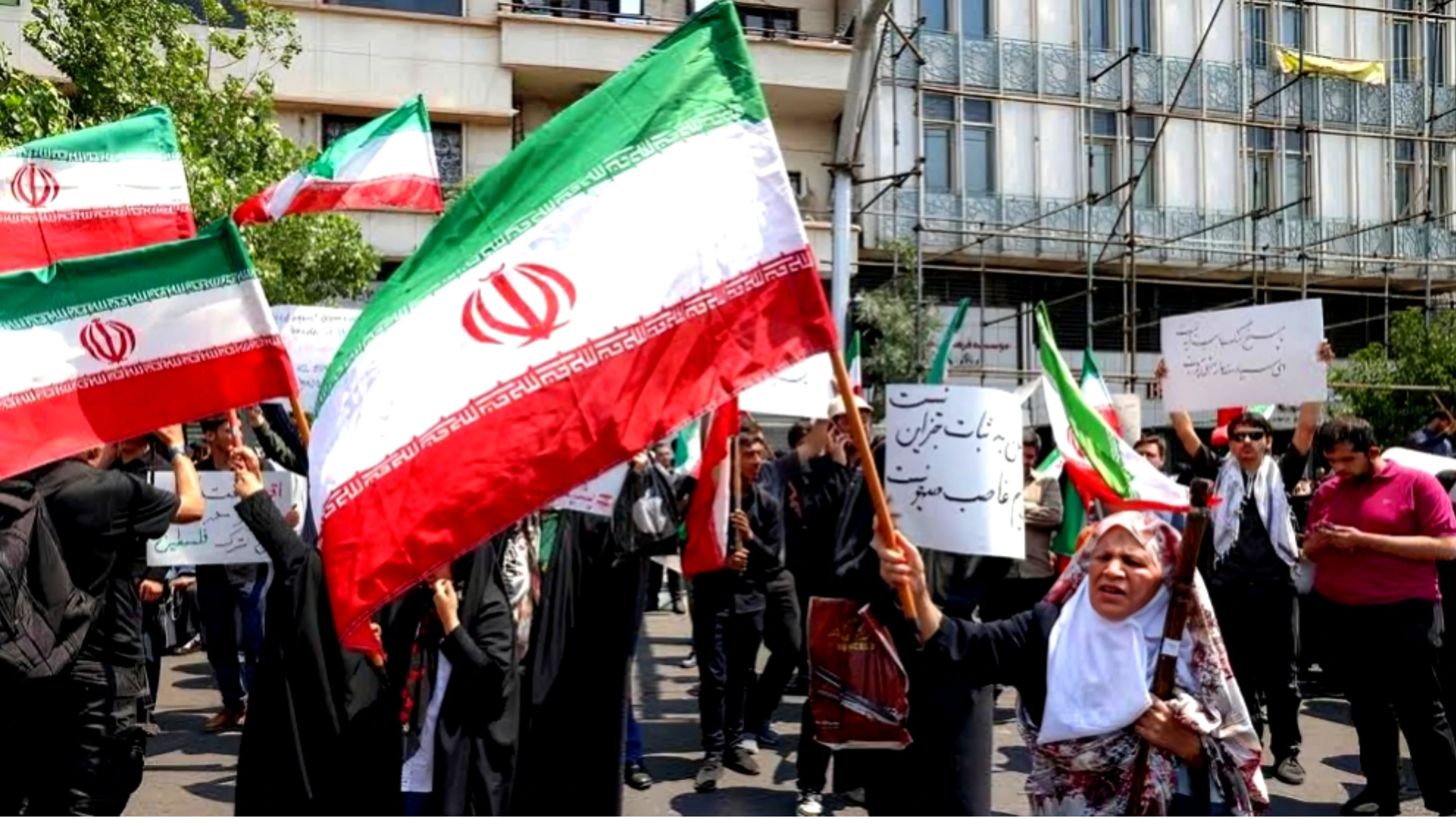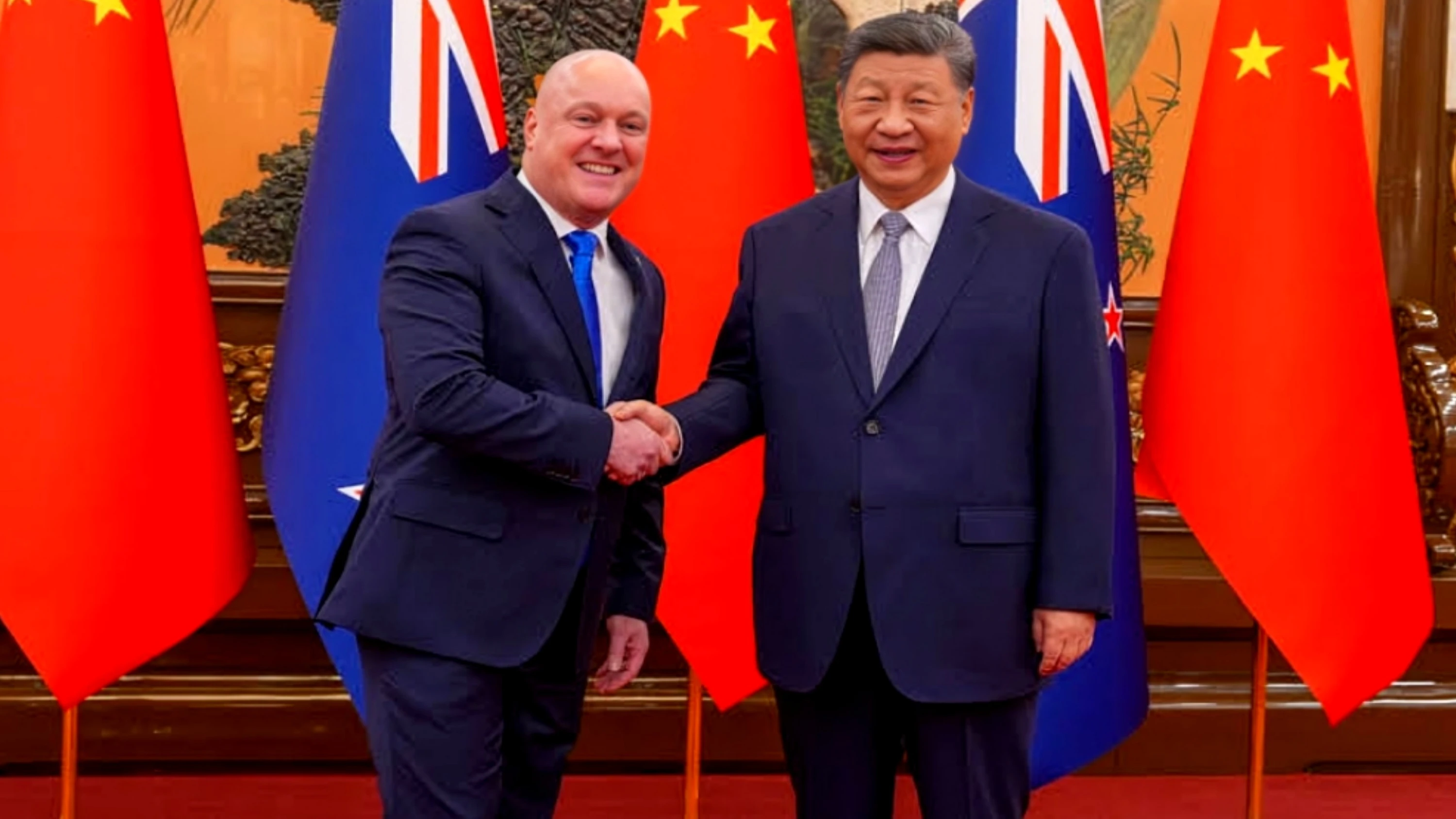Kabul: The Taliban's Ministry of Interior has announced the seizure of 6,299 kilograms of opium in Takhar province, near the Tajikistan border.
According to a statement released on the social media platform X by ministry spokesperson Abdul Matin Qani, the drugs were hidden inside a liquefied gas tanker and were confiscated in the provincial capital, Taluqan.
Two individuals have been arrested in connection with the case and will be handed over to judicial authorities following an initial investigation, Qani stated.
"The anti-narcotics unit of Takhar province seized 6,299 kilograms of opium in a targeted operation in the Khattayan area of Taluqan city. The drugs were skillfully concealed inside a gas tanker," he added.
While Qani did not specify the exact date of the seizure, local Taliban officials in Takhar told media outlets that the operation took place on Tuesday.
This latest drug bust follows another major narcotics operation in Kandahar province last month. On February 11, local Taliban officials reported the confiscation of 4,211 kilograms of drugs near the Durand Line, in the Shorabak district’s fifth zone.
That seizure included 3,676 kilograms of cannabis, 85 kilograms of opium, and 450 kilograms of a drug known as "AF," which were allegedly smuggled from Pakistan. However, the traffickers managed to escape, the report added.
The latest seizure in Takhar is one of the largest since the Taliban returned to power in August 2021. The Taliban claim they have significantly curbed drug production and smuggling, but Afghanistan remains a major hub for narcotics trafficking.
Takhar province shares a border with Tajikistan, a key route for drug trafficking into Central Asia. Countries like Tajikistan, Uzbekistan, and Iran have repeatedly expressed concerns about narcotics smuggling from Afghanistan.
Last month, Uzbek authorities seized 600 kilograms of cannabis in the Surkhandarya region. Reports from Central Asian media on February 9 stated that Uzbek customs officials found the drugs, worth an estimated $16.5 million, hidden inside broom handles. Officials believe the cannabis was smuggled from Afghanistan.
Similarly, in late January 2024, Iran’s Deputy Minister of Interior for Security, Ali Akbar Pourjamshidian, voiced concerns about continued drug smuggling from Afghanistan and Pakistan. He claimed that despite the Taliban’s ban on opium poppy cultivation, large narcotics stockpiles still exist in Afghanistan and are being smuggled into Iran.
"Although Afghanistan's leadership has announced a ban on drug cultivation, we believe there are still significant reserves of narcotics being trafficked into Iran, posing security and social risks," Pourjamshidian said.
In April 2022, the Taliban’s supreme leader officially banned the cultivation of opium poppies and the production and trafficking of narcotics. Since then, reports indicate a sharp decline in opium poppy cultivation in Afghanistan.
However, a report from the United Nations Office on Drugs and Crime (UNODC) suggests otherwise. In a November 27, 2024, report, UNODC stated that Afghanistan produced 433 tons of opium in 2024, marking a 30% increase from 2023.
Furthermore, a UNODC report released on November 6, 2024, indicated that opium poppy cultivation in Afghanistan increased by 19% in 2024 compared to the previous year. The report stated that 12,800 hectares of land were used for poppy cultivation in 2024, compared to 232,000 hectares in 2022.








